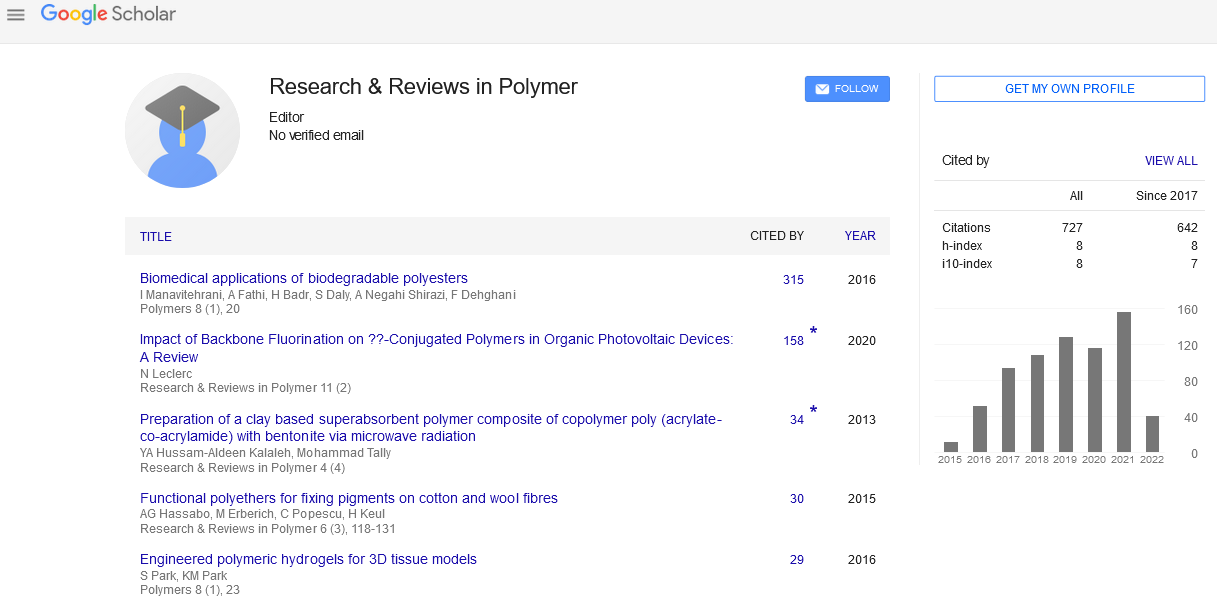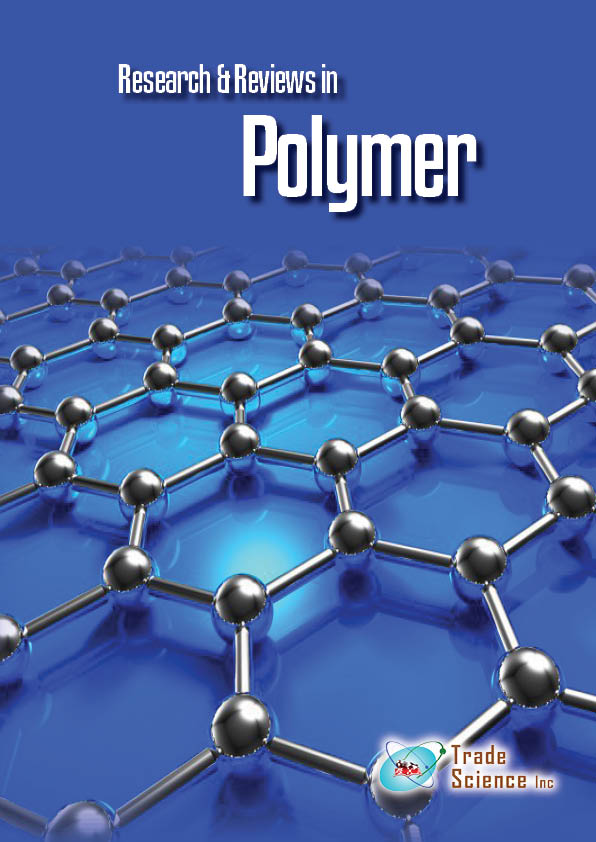Abstract
Cloning and expression of PHB biodegradable biopolymer under different regulation elements in recombinant E.coli
Author(s): Mottahareh Mohsenpour, Nadali Babaeian Jelodar, Masoud TohidfarIn order to produce Polyhydroxybutyrate (PHB) polymer, as a biodegradable plastic, several expression cassettes for PHB operon was constructed under different regulatory systems. Poly (3)-hydroxyalkanoates (PHAs) are a group of biodegradablemacromolecules that havematerial properties such as polypropylene. Polyhydroxybutyrate (PHB) was the first PHA to be discovered. It is considered as a valuable bio-plastic because of its biodegradability. PHB is an applicable material in industry and medical. In this study three genes of PHB operon from Alcaligenes eutrophus H16 were isolated using PCR method. The resulted 4kb PCR product that contained three genes initially was cloned in pJET1.2 vector and recombinant E. coli colonies were analyzed by enzymatic digestion and nested PCR. Subsequently PHB operon was sub-cloned in pET28a expression vector using a compatible end enzymatic digestion and placed under the control of T7 promoter. PHB was expressed in recombinant bacteria both in IPTG induction condition and without it. Production of PHB was confirmed by gas chromatography along with standard. Additionally PHB operon was cloned under psbA plastid promoter as polycistronic with neo gene in a designed plastid vector. This recombinant vector, pFNP, can be used for constitutive expression of PHB in bacteria and plant plastids. Additionally PHB operon was cloned under groE heat shock promoter and pFNPi plasmid was constructed.After transformation of these plasmids to E. coli, extraction of PHB was performed and caused to PHB polymer production for the first time fromrecombinant E. coli in Iran. Production of PHB from natural producers is expensive, so alternative hosts such as recombinant bacteria and transgenic plant would be valuable for the production of PHB.

